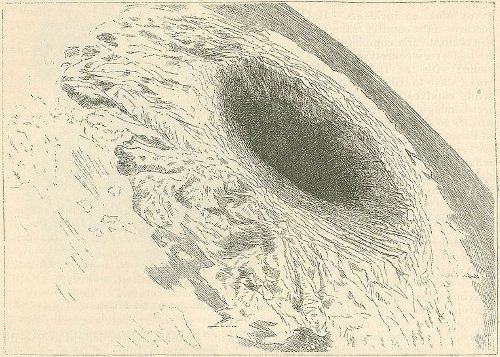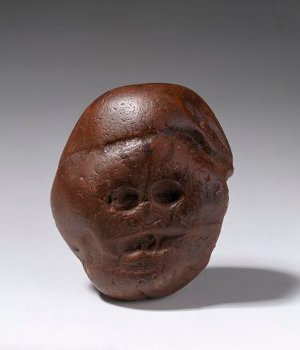
When did Shakespeare’s plays come into existence? We tend to think they appeared when he conceived them.
But if God is omniscient, then he has perfect knowledge of the future. Before the creation, he knew that Shakespeare would compose the plays, and he knew the full text of each one.
“A consequence of the view that God knows everything about the future is that all compositions existed before creation,” writes philosopher Richard R. La Croix.
In this sense, “the coming into existence of any composition is an event which occurs prior to the events that cause it to occur” — and, in each case, an effect precedes its cause.





